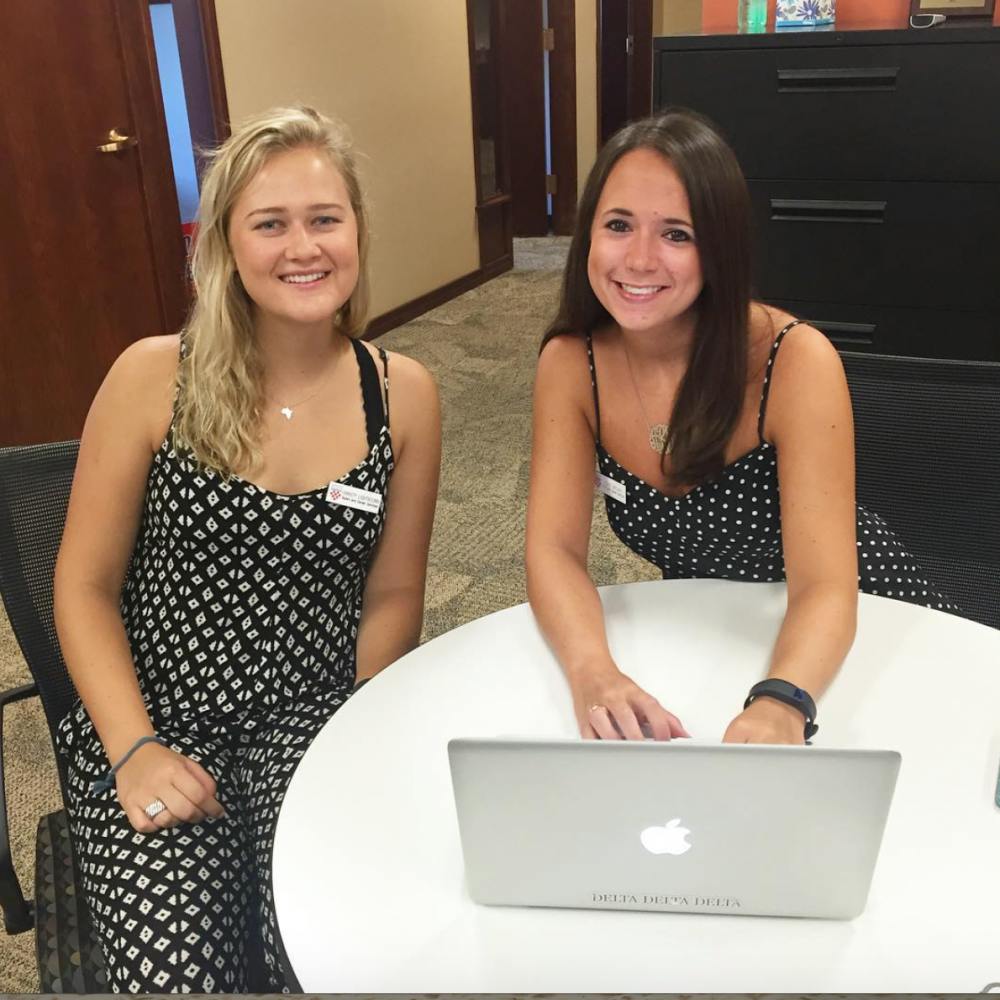Deciding whether to work during the school year is a decision that each student must make, and not in haste. In a study done by Georgetown University’s Center of Education and Workforce, more than 70 percent of college students in the past 25 years have worked while being enrolled in school.
For some students, working might be a necessity, and for others it could just be a desire. Whichever the case, it is important to weigh the pros and cons that come with the commitment of a new job before sending out applications or committing to a new position.
While a part-time job can't cover the cost of a private college education, it can offset some additional costs that a student might have. Part-time employment might be a way for students to explore career paths or to just earn some extra spending money. Most universities recognize these needs and offer several positions for students to fill.
At Richmond, students have the opportunity to work in places such as the post office, financial aid office, career services and several other places across campus. Universities acknowledge that students have tightly packed schedules and therefore, most student employment positions have flexible hours and only require a couple shifts each week.
Working while being enrolled in classes has several benefits, especially when the job relates to a student’s field of study. Lessons learned in class can be applied to their current jobs, and that work experience will later become an asset as students transition from college to the job market.
In today’s job market, skills and experience are taking precedent over GPAs and test scores. Employers are looking for people who have the technical knowledge as well as the skill sets to complete the demands of a certain job. College enrollment has increased from two million to 20 million students over the last 60 years, and this growth can be attributed to the fact that the U.S. workforce has a greater need for specialized, skilled workers.
Early work experience can promote good habits and provide real-life experience in the workforce. Time management, communication skills, conflict resolution and countless other soft skills are taught through work experience and can give graduating students an advantage over their peers as they begin searching for full-time jobs.

For some students, fitting a job in their schedule packed with classes, sports and extracurriculars is impossible. For others, a part-time job might be the perfect way to fill an empty gap in their agenda.
Even considering the numerous benefits that come with a part-time job, it is still a decision that requires a considerable amount of thought. Time spent working doesn’t take time away from studies or classes, but it can detract time from other typical college experiences. Students interested in finding jobs must take the time to assess their situation and decide if the job will be a benefit to their overall education.
Student employment offers countless benefits and can enhance someone’s whole college experience. However, working during the school year is not always manageable for every student. Weighing the pros and cons of taking on the new responsibilities and time commitment is the first thing to consider when thinking about starting a job. If you are interested in an on-campus job, visit the University of Richmond’s Student Employment page for information on all available positions.
Enjoy what you're reading?
Signup for our newsletter
Support independent student media
You can make a tax-deductible donation by clicking the button below, which takes you to our secure PayPal account. The page is set up to receive contributions in whatever amount you designate. We look forward to using the money we raise to further our mission of providing honest and accurate information to students, faculty, staff, alumni and others in the general public.
Donate Now



